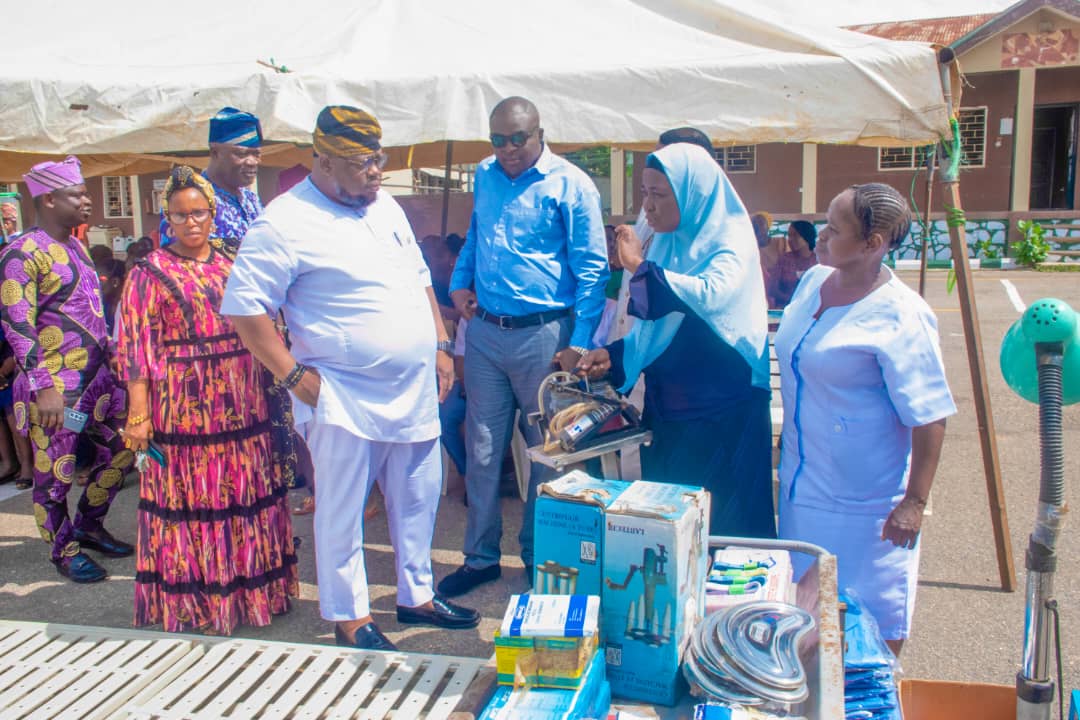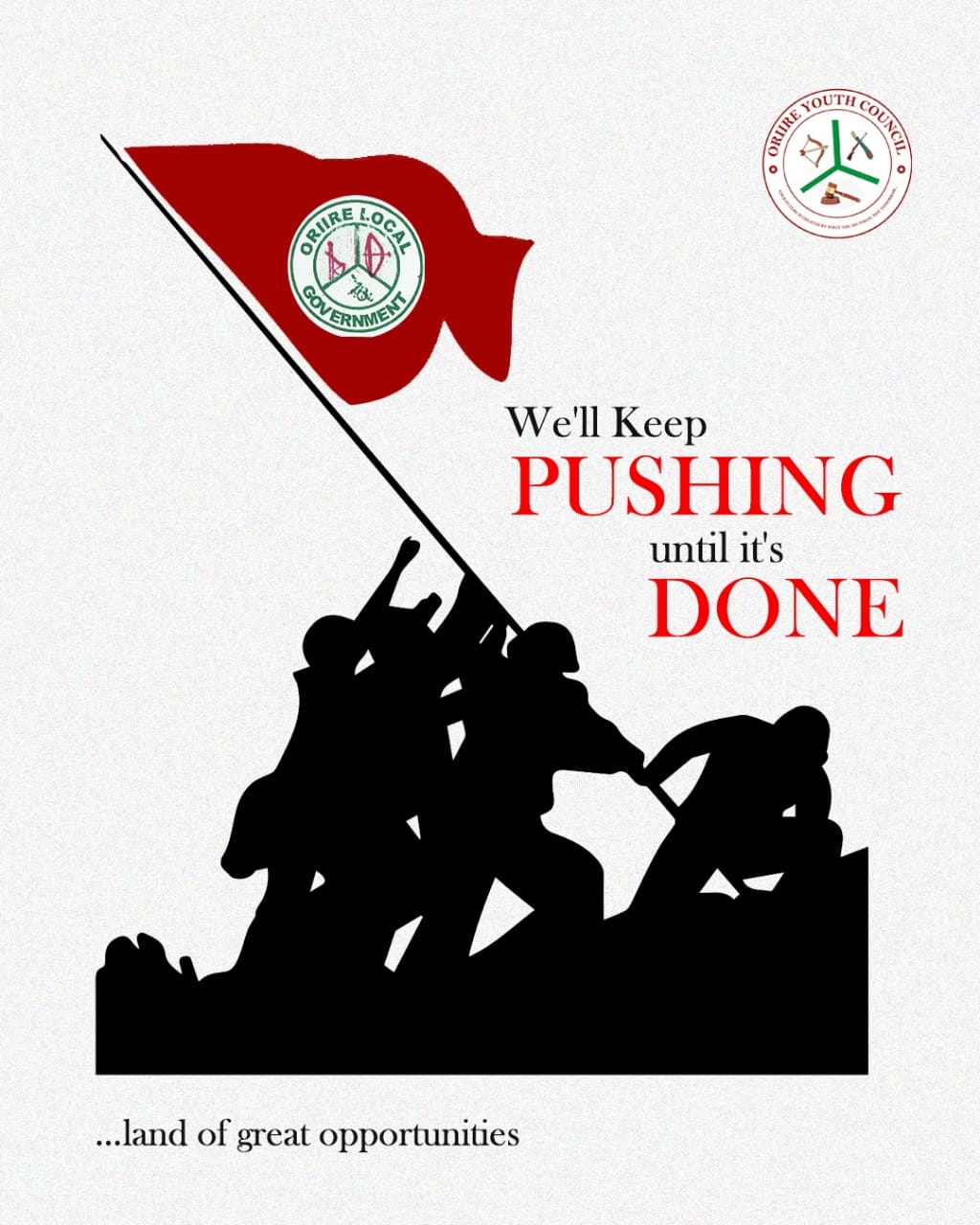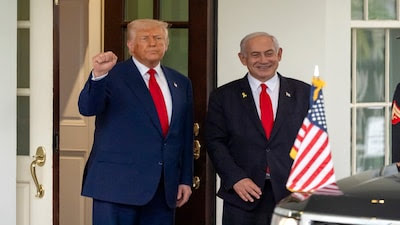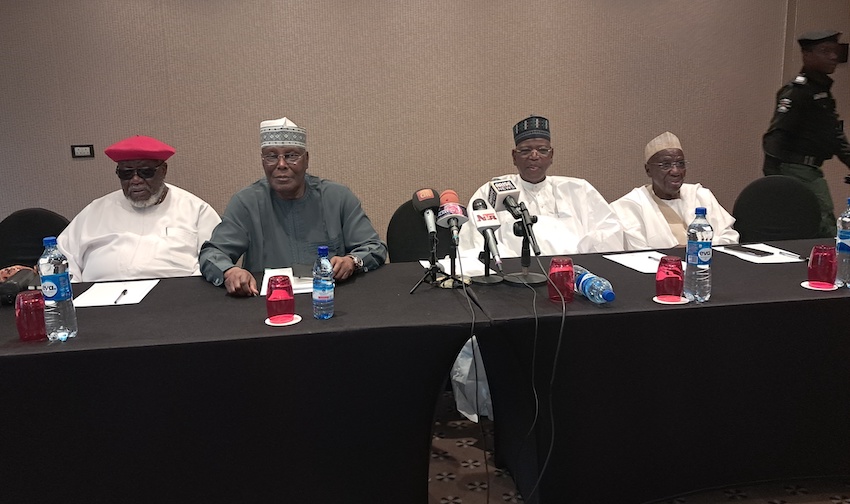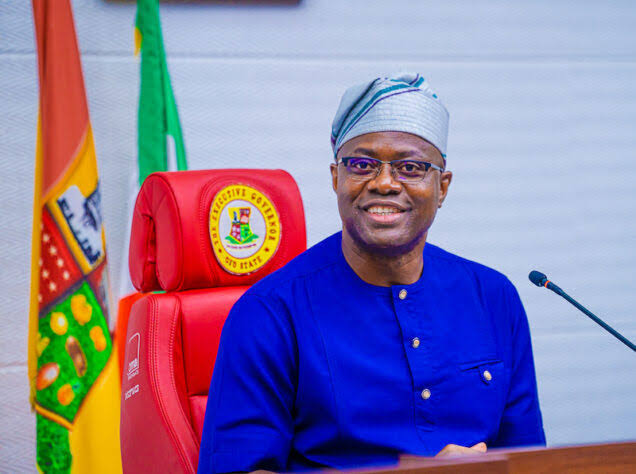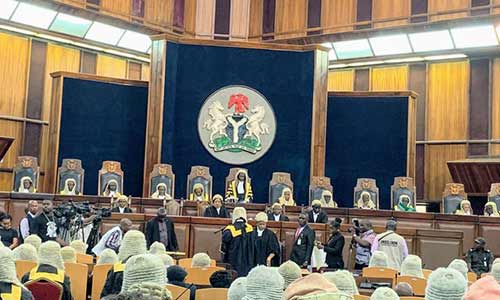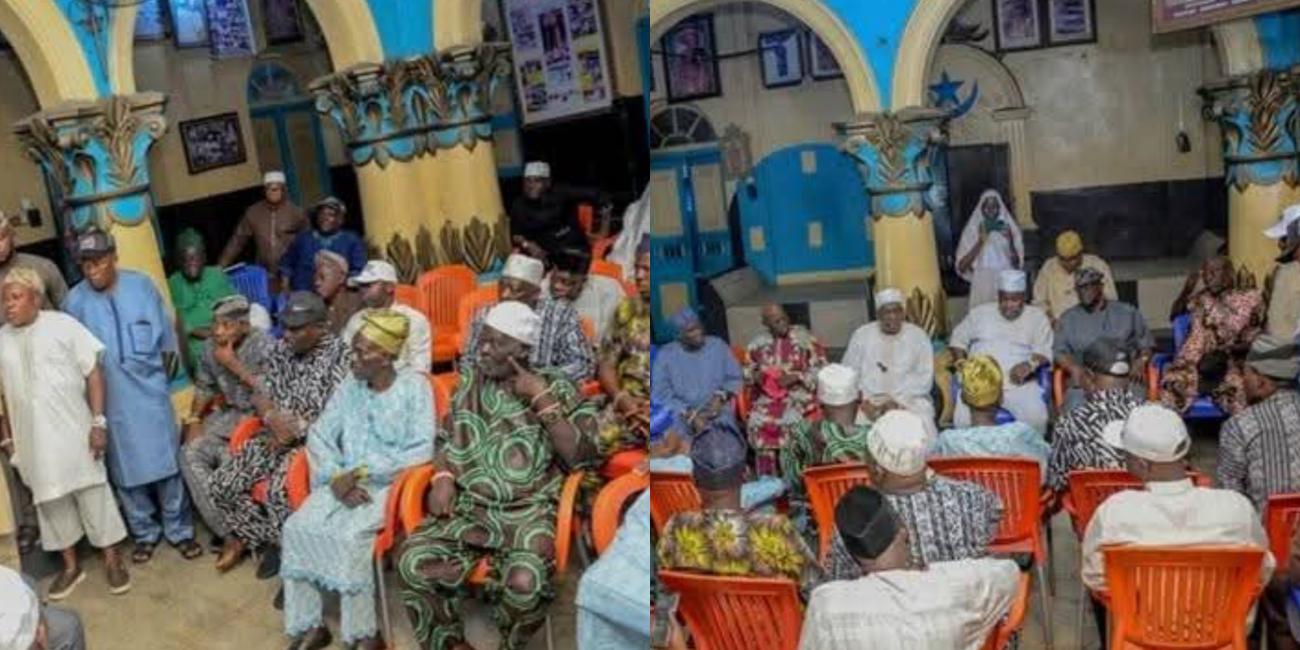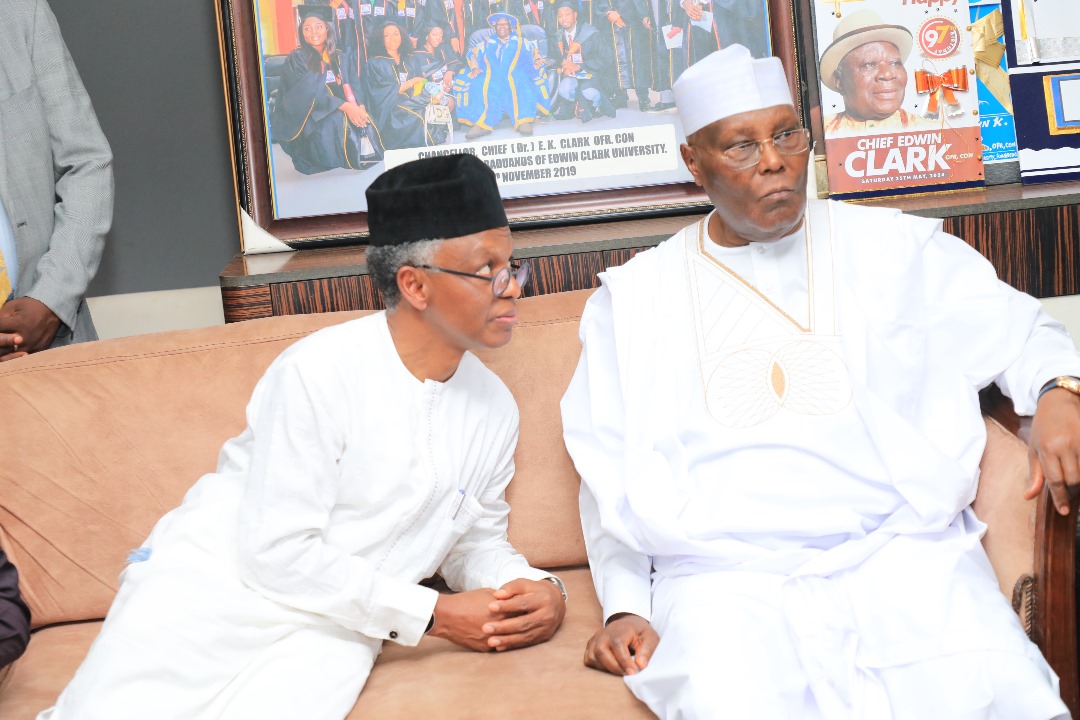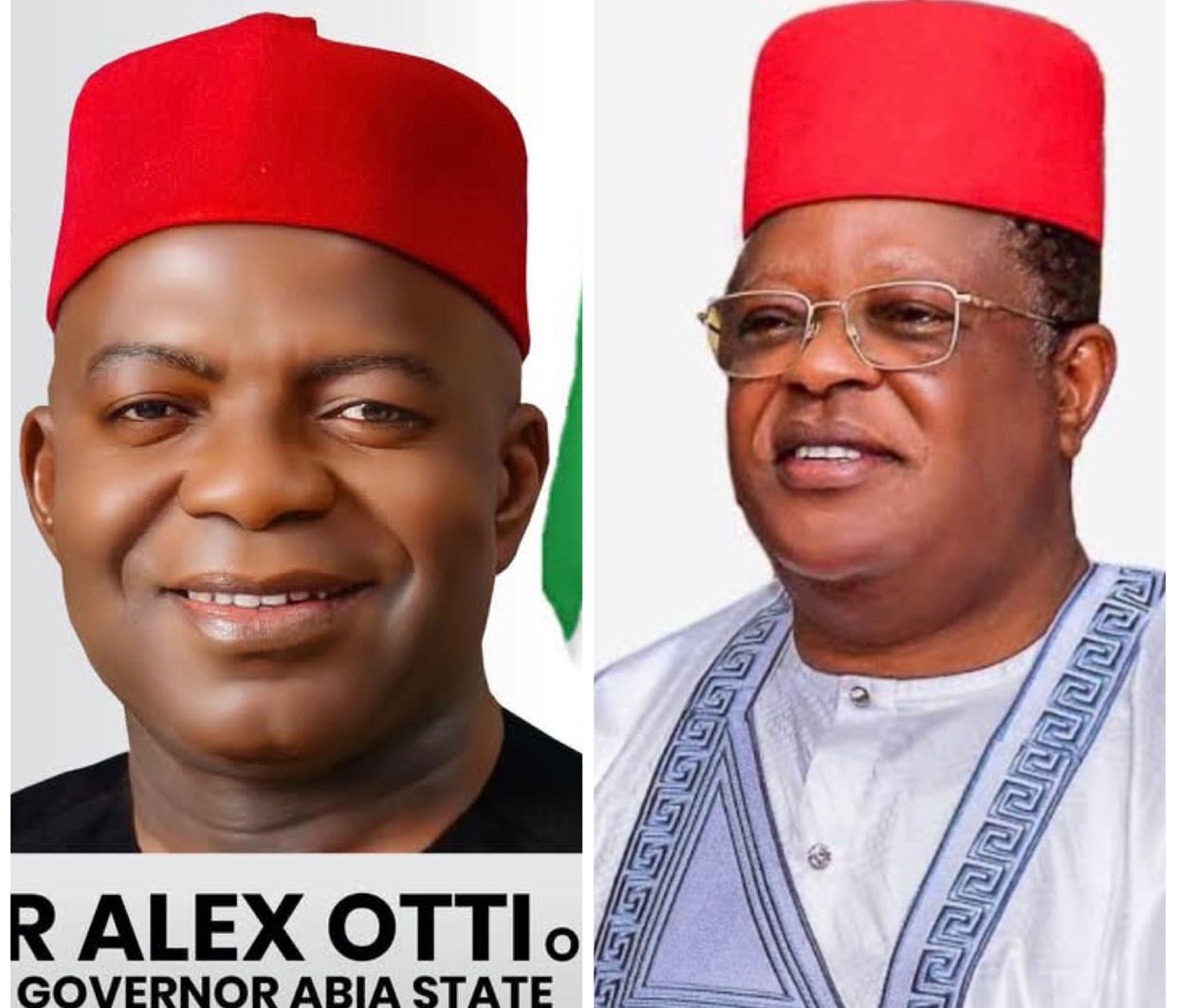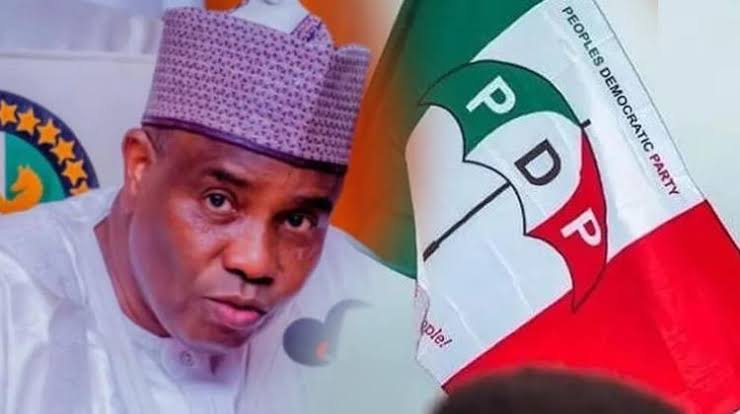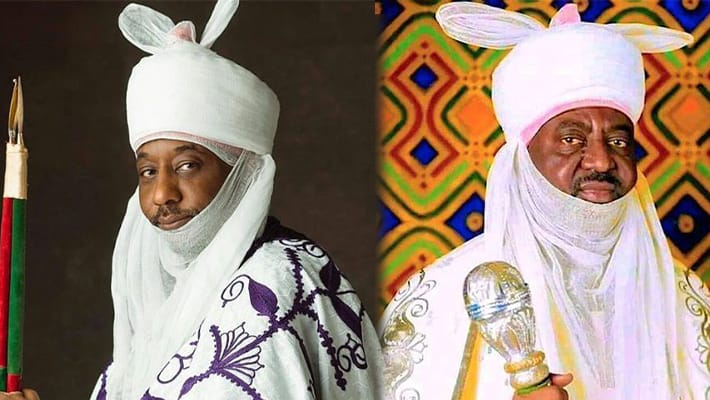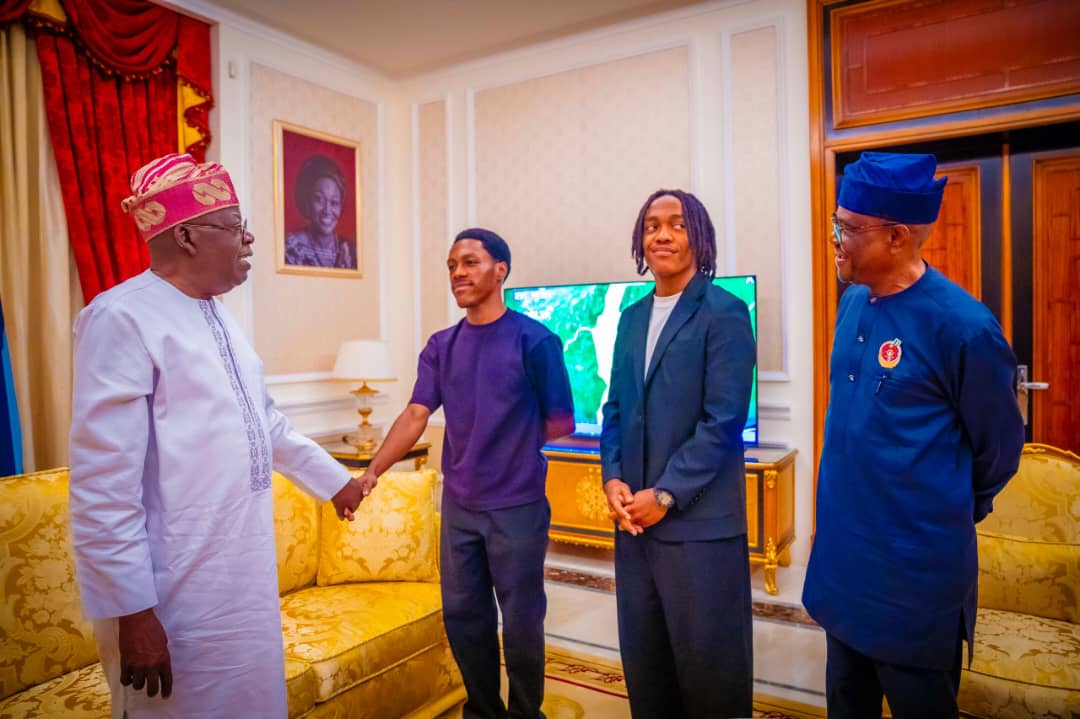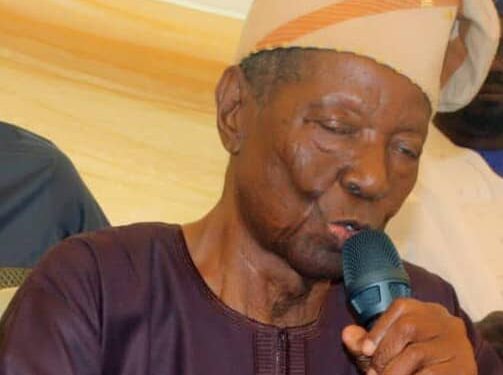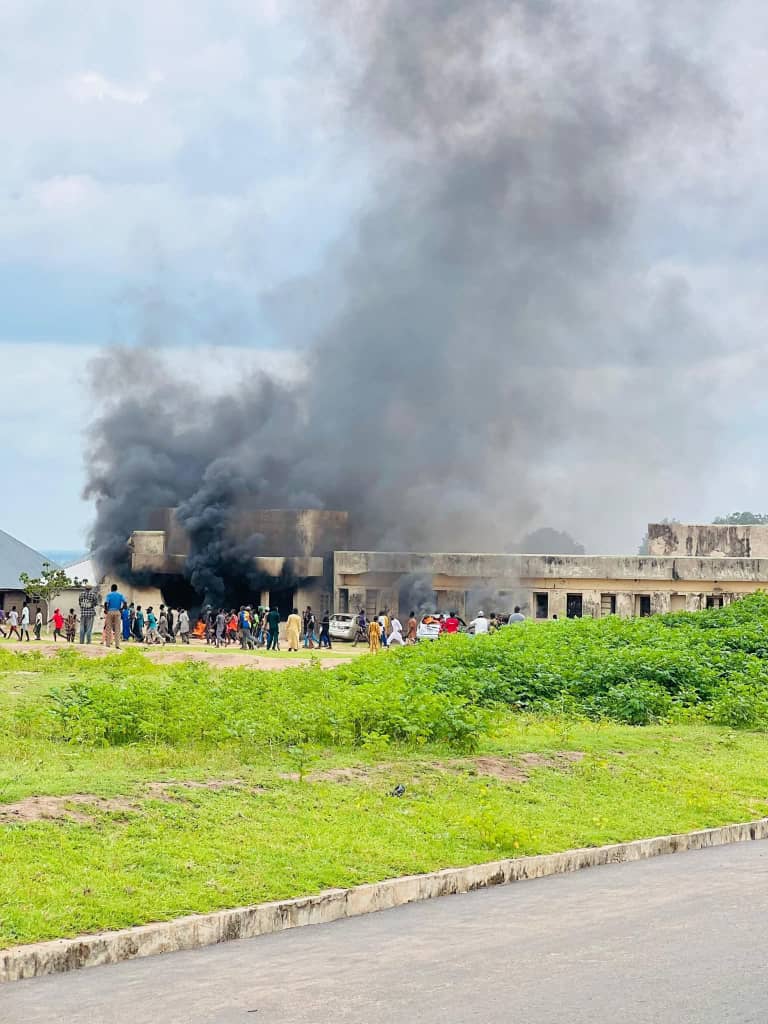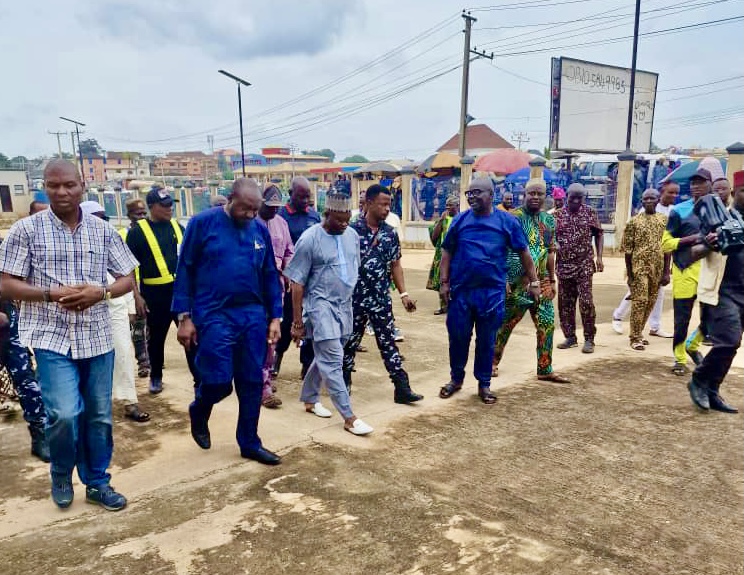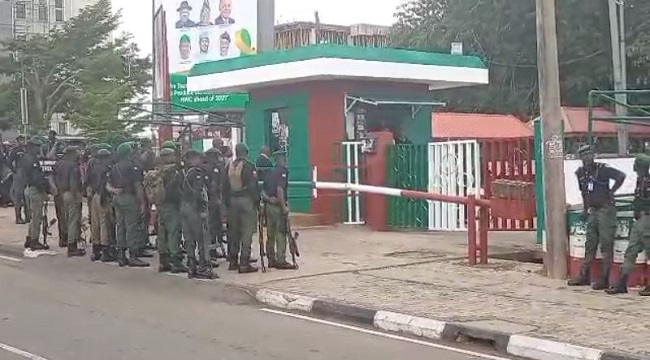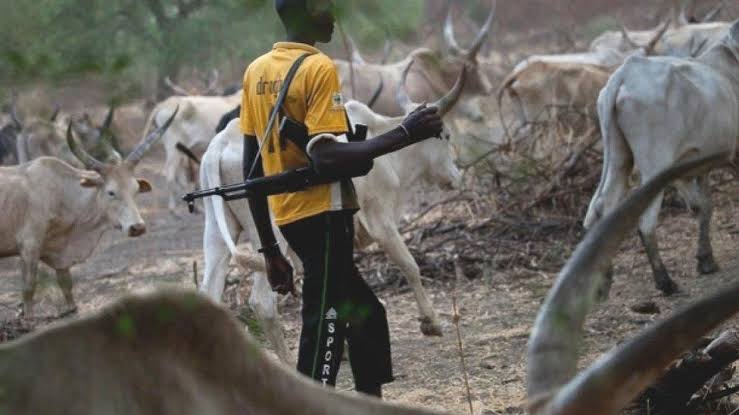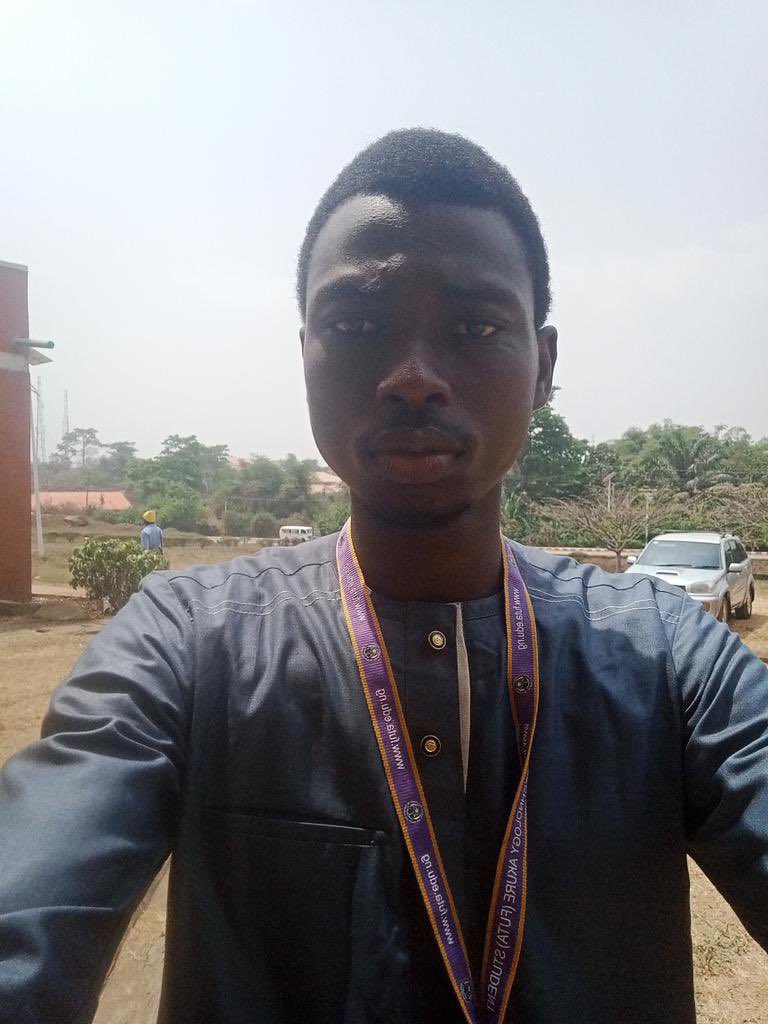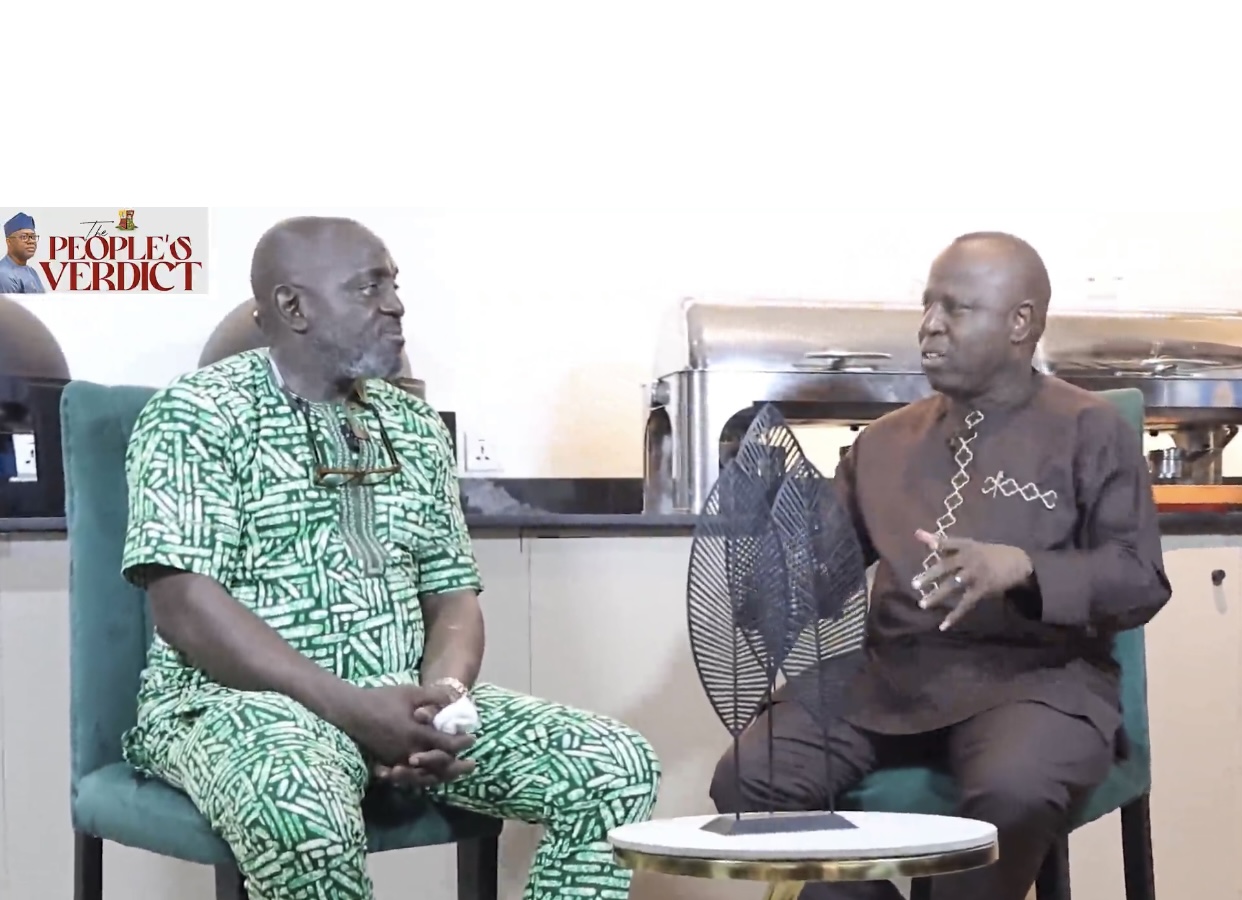Tinubu: “Amala” made me escape Abacha’s killers in Cotonou
Today is Democracy Day, set aside to mark the annulment of June 12, 1993 presidential election, won by the late Chief MKO Abiola. One of those in the trenches to actualize the mandate then was Asiwaju Bola Tinubu of the National Democratic Coalition (NADECO). He is now the President. Tinubu would have lost his life in Cotonou because of thestruggles, but his generosity and love for amala saved his life.
That time, the late General Sani Abacha who usurped power after the annulment, went gaga! Abacha paraded many assassins sans borders! He sent his assassins after pro-democracy activists. Many lost their lives in the process. Abacha sent his killers to the Republic of Benin in one of those expeditions
In an interview with TheNEWS, Tinubu narrated what happened: “I didn’t have a passport and couldn’t have been able to travel. At a stage, they discovered our routes, because they had spies all over, including Benin Republic. Twice I was caught and I fortuitously escaped. They traced me to one dingy hotel I was hiding.
The day they came for me at the hotel, I had gone out on an Okada to buy amala at a market, where Yorubas are dominant. I was also to meet Akinrinade and the rest of them. The spies went to the hotel and as I was approaching, I saw two people wearing tajia (skull caps) at the front desk, asking questions. The man attending to them at the reception (I had been very nice to the receptionist) winked to me and I turned back. I contacted a friend in Benin Republic, who was an architect, and had very strong sympathy for us. Professor Wole Soyinka and Alani Akinrinade, who lodged in a better hotel, were fortunate to have escaped that night, too. The people on their trail pursued them to the hotel, but fortunately missed them.”
There is no paean without pains. After going through such rough patch, fighting for democracy, Tinubu is now Presidentand Commander in Chief of the Armed Forces of the Federal Republic of Nigeria. He now belongs to the group of freedom fighters who ended up governing their countries: Lesh Walesa of Poland; Jomo Kenyata of the Mau Mau Struggle in Kenya; Yuweri Museveni, a freedom fighter in Uganda (though a sit-tight leader now); Robert Mugabe of Zimbabwe, who later turned to a different thing; Keneth Kaunda and Patrick Chiluba of Zambia; Aung San Suu Kyi of Myanmar; Luiz Inácio Lula da Silva of Brazil; and, of course, Nelson Mandela of South Africa.
Below are excerpts from the interview that Tinubu granted TheNEWS in 2012
How did you make it across the border?
I disguised with a huge turban and babanriga and escaped into Benin Republic on a motorbike. My old Hausa friend gave the clothes to me. In fact, when I appeared to Kudirat Abiola, she didn’t know that I was the one! I gave her some information and some briefing. I left at 1 a.m. While in Benin Republic, I was still coming to Badagry to ferry people, organise and coordinate the struggle with others on ground. We put a group together, ferrying NADECO people across. It was a very challenging time. I can’t forget people like Segun Maiyegun and other young guys in the struggle. I would come from Benin to hold meetings with them and sneak back. The military created a whole lot of momentum around me. They took over my house, guest house and carted away all my vehicles and property to Alagbon. That is why today, I don’t have old photographs. They took eight of my cars away.
My wife and my two toddlers were dropped in a bush; nowhere to go. Beko and the diplomatic missions came to our aid and ferried my wife and kids to the United States. I was still in Benin Republic. Besides, I didn’t have a passport and couldn’t have been able to travel. At a stage, they discovered our routes, because they had spies all over, including Benin Republic. Twice I was caught and I fortuitously escaped. They traced me to one dingy hotel I was hiding.
The day they came for me at the hotel, I had gone out on an Okada to buy amala at a market, where Yorubas are dominant. I was also to meet Akinrinade and the rest of them. The spies went to the hotel and as I was approaching, I saw two people wearing tajia (skull caps) at the front desk, asking questions. The man attending to them at the reception (I had been very nice to the receptionist) winked to me and I turned back. I contacted a friend in Benin Republic, who was an architect, and had very strong sympathy for us. Professor Wole Soyinka and Alani Akinrinade, who lodged in a better hotel, were fortunate to have escaped that night, too. The people on their trail pursued them to the hotel, but fortunately missed them.



